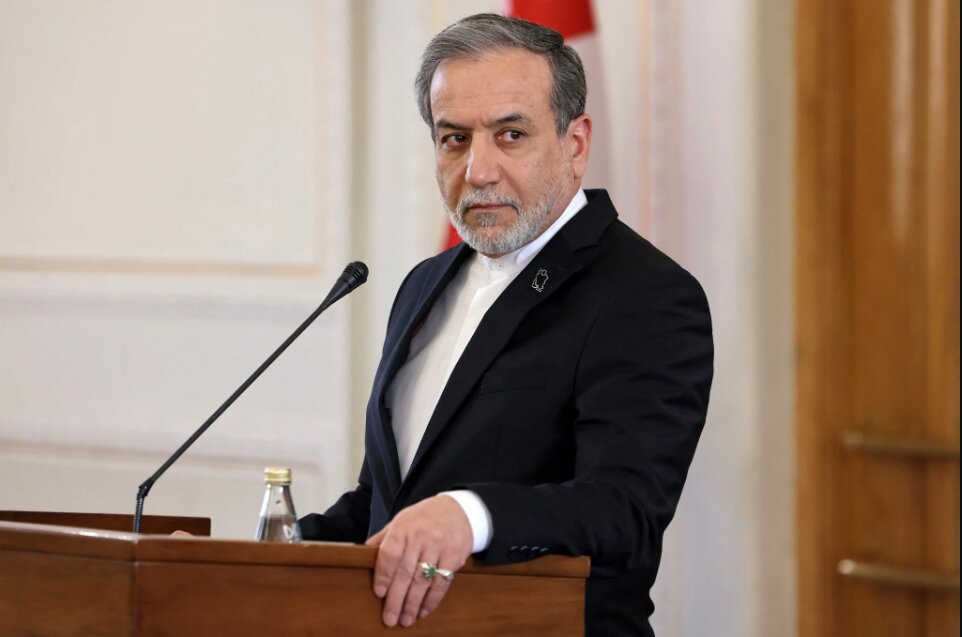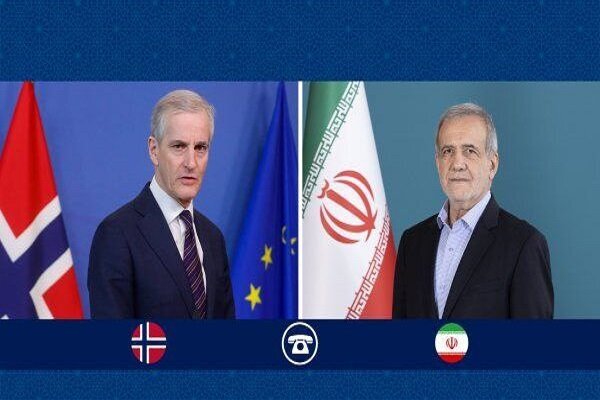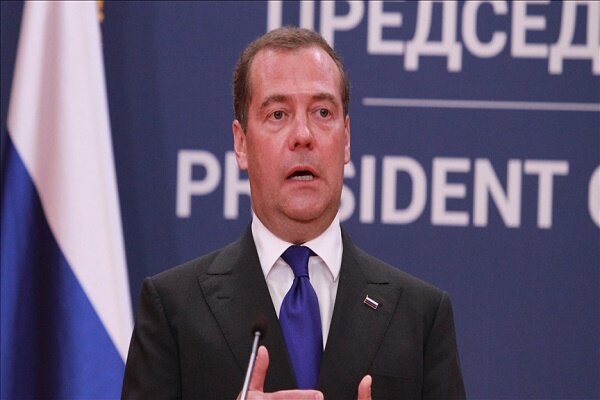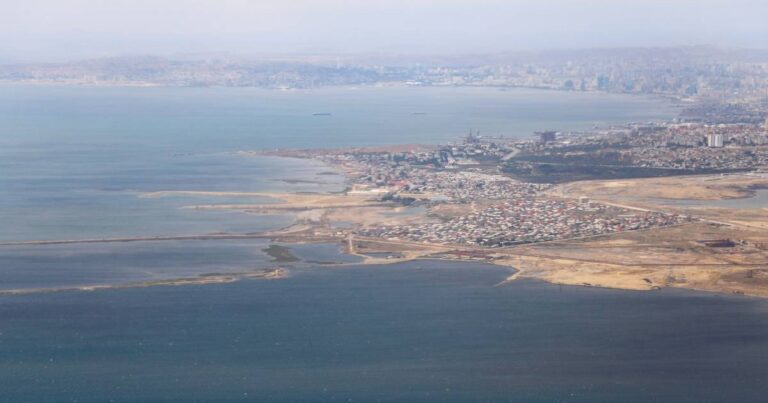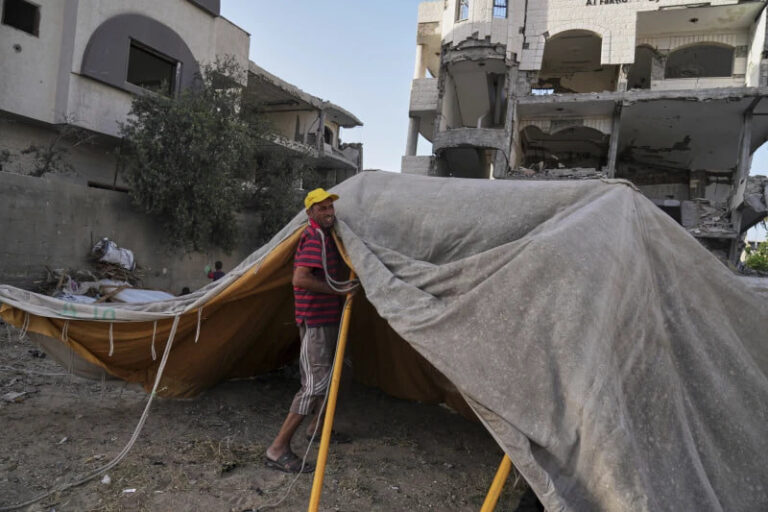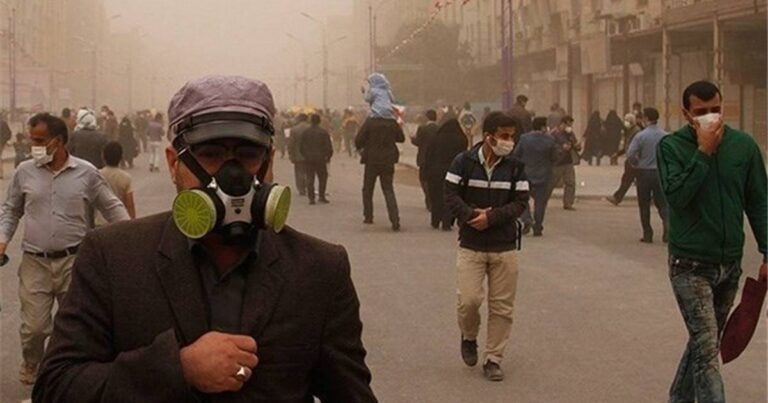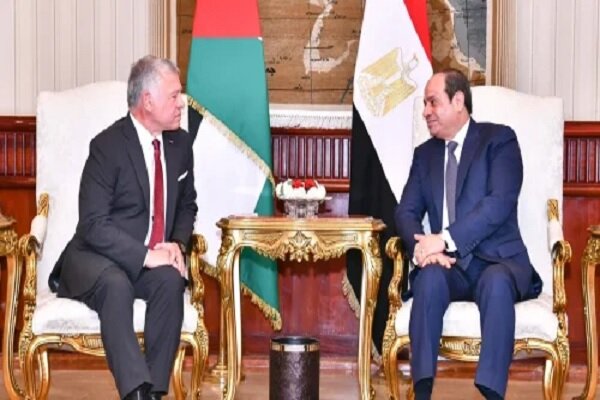Iran’s Foreign Minister Calls Indirect US Talks ‘Constructive’ – Signs of Progress in Diplomacy
The recent indirect talks between Iran and the United States in Muscat, Oman, have garnered significant attention as both countries engage in crucial discussions regarding the Iranian nuclear program and the potential lifting of sanctions. These negotiations, which are a vital step towards diplomatic resolution, were marked by the participation of high-level officials from both nations.
Leading the US delegation was Steve Witkoff, the Special Envoy to the Middle East, while the Iranian team was headed by Foreign Minister Abbas Araghchi. The talks were mediated by Oman’s Foreign Minister, Badr bin Hamad bin Hamood al-Busaidi, highlighting Oman’s role as a facilitator in international diplomacy.
In a statement to the national Iranian TV, Araghchi expressed optimism about the negotiations, stating, “We are seeking an agreement as quickly as possible, though reaching a deal will not be easy.” He further noted that the discussions were part of a “normal diplomatic framework,” indicating a structured approach to the negotiations.
Key points from the recent talks include:
- The next round of negotiations is scheduled for next Saturday, which will focus on the general framework of a potential agreement.
- Araghchi described the ongoing discussions as constructive, with four rounds of indirect messages exchanged during the Muscat meetings.
- Following the indirect talks, there was a brief encounter between the heads of the Iranian and American delegations, allowing for direct communication in the presence of the Omani foreign minister.
These indirect talks began at approximately 3:30 PM local time on Saturday and continued for more than two hours, concluding around 5:50 PM. The significance of these discussions cannot be overstated, as they represent a critical juncture in US-Iran relations, particularly concerning nuclear diplomacy.
Araghchi’s remarks underscore the complexities of the negotiations, emphasizing that both sides are keen on reaching an agreement but are aware of the challenges that lie ahead. The ongoing communication, even in an indirect format, is a positive sign of diplomatic engagement and a willingness to address longstanding issues.
As the world watches these developments, the upcoming negotiations will be pivotal. Stakeholders are closely monitoring how both parties navigate the intricate landscape of international relations, particularly in the context of the Iranian nuclear program and the associated sanctions that have impacted Iran’s economy.
In summary, the indirect talks in Muscat mark a significant step forward in the dialogue between Iran and the United States. With both nations committed to finding a resolution, the next round of negotiations promises to be crucial in shaping the future of their bilateral relations. As we await further updates, it is clear that the path to an agreement will require careful negotiation, patience, and mutual understanding.
